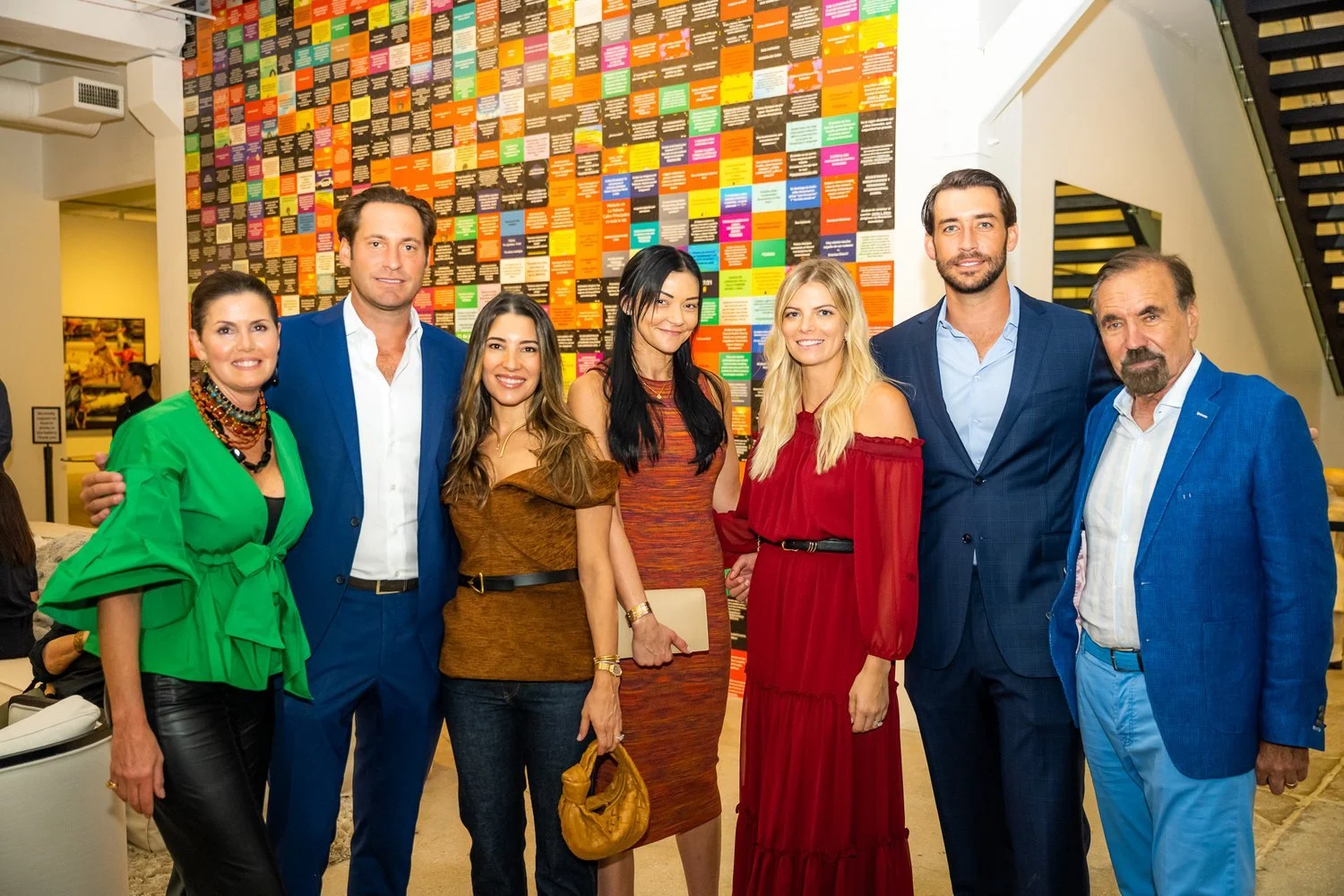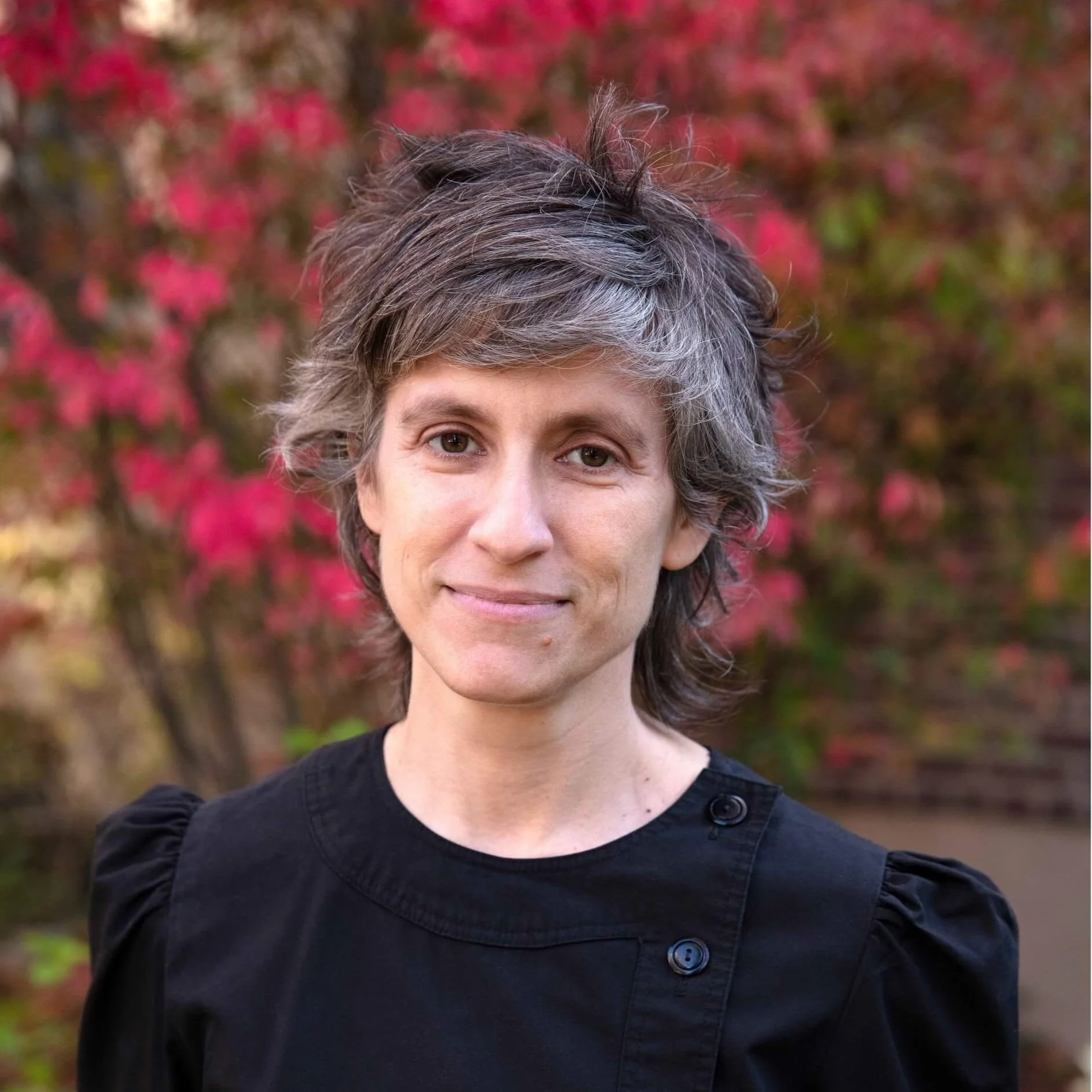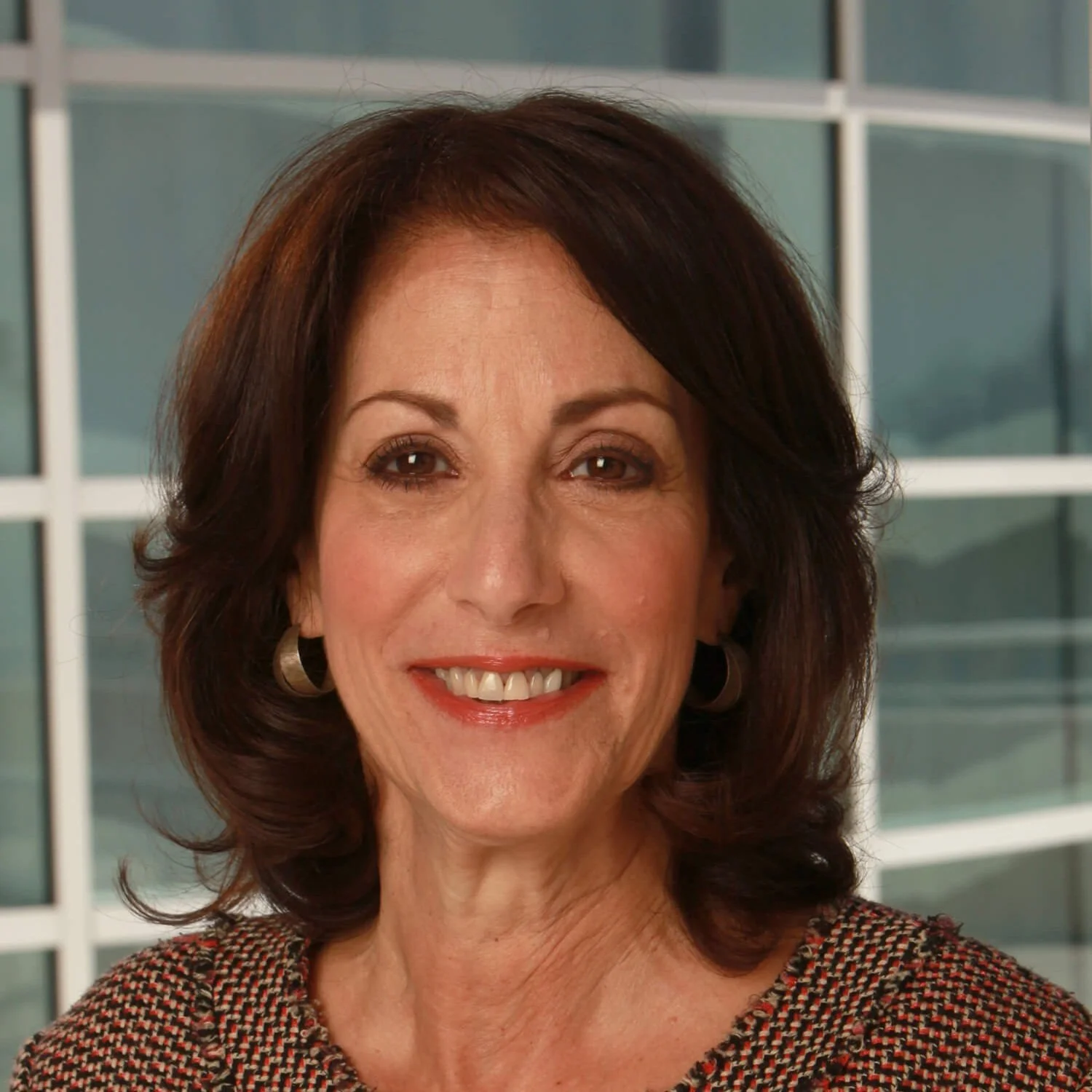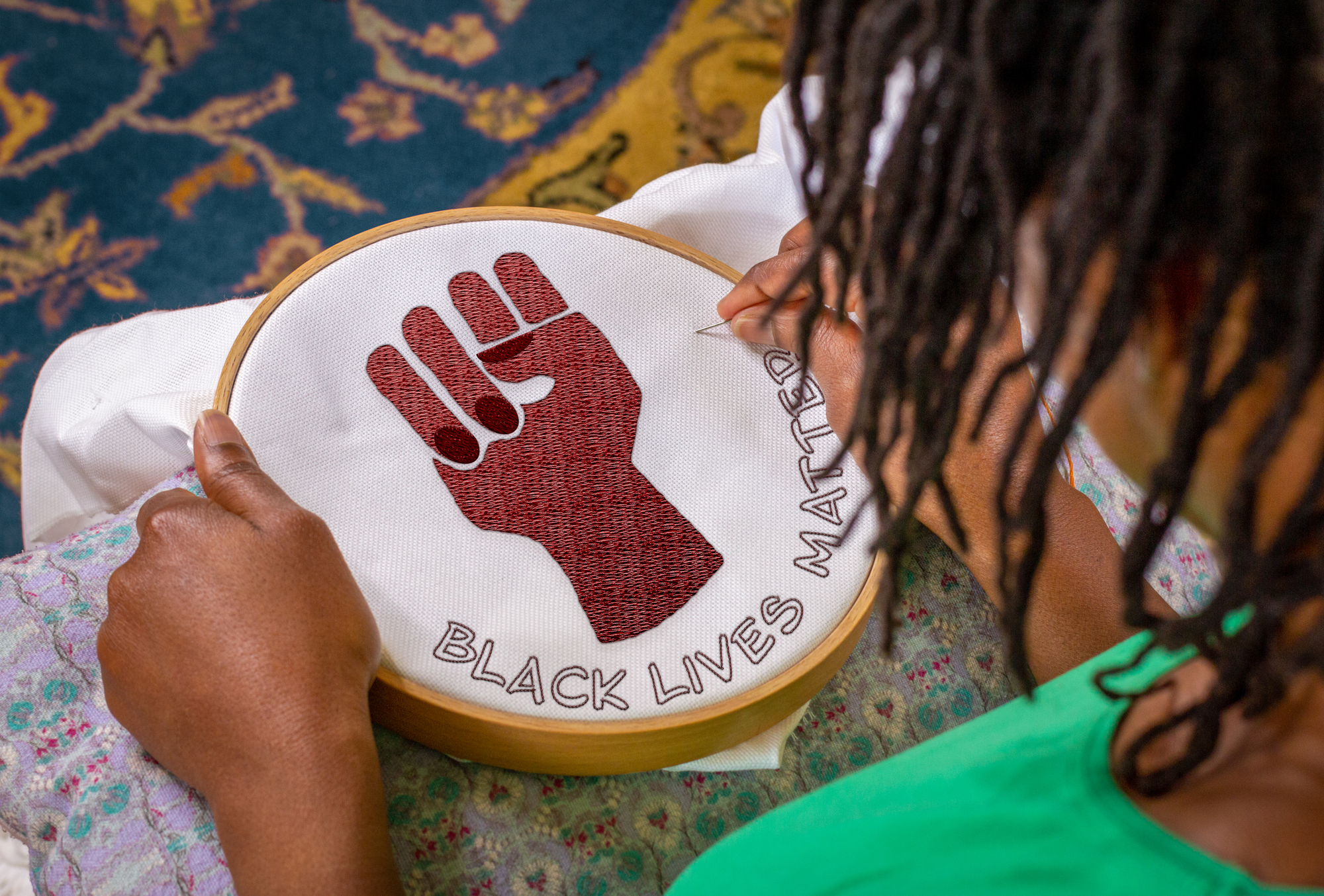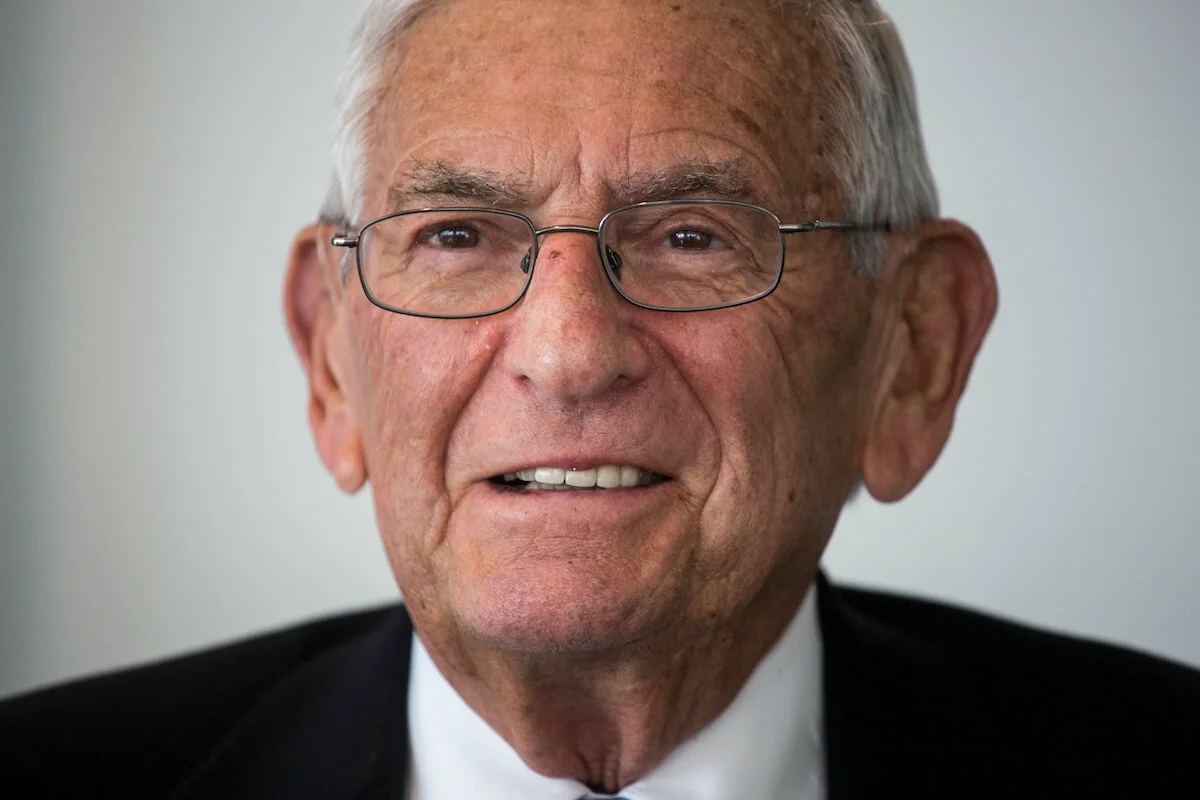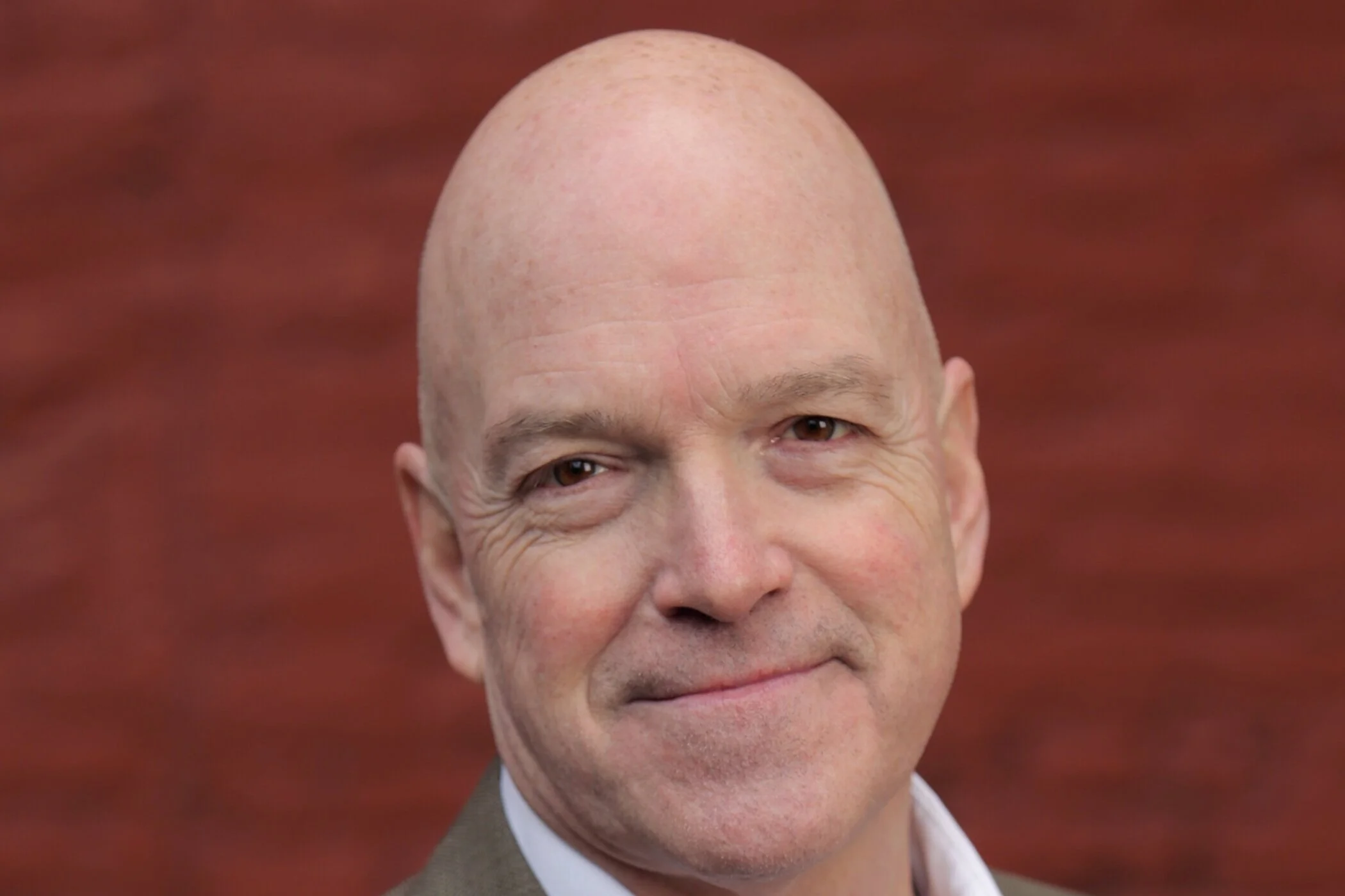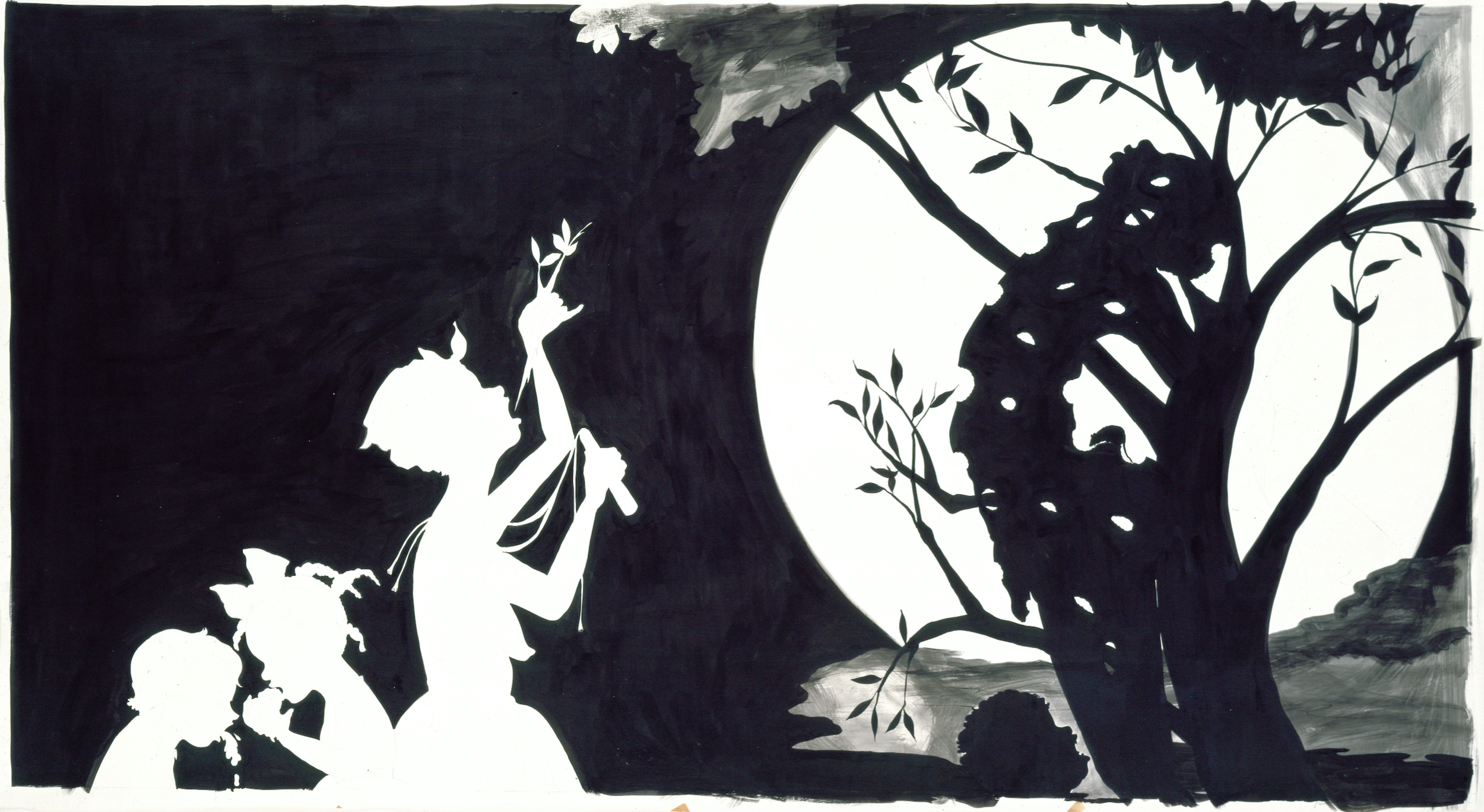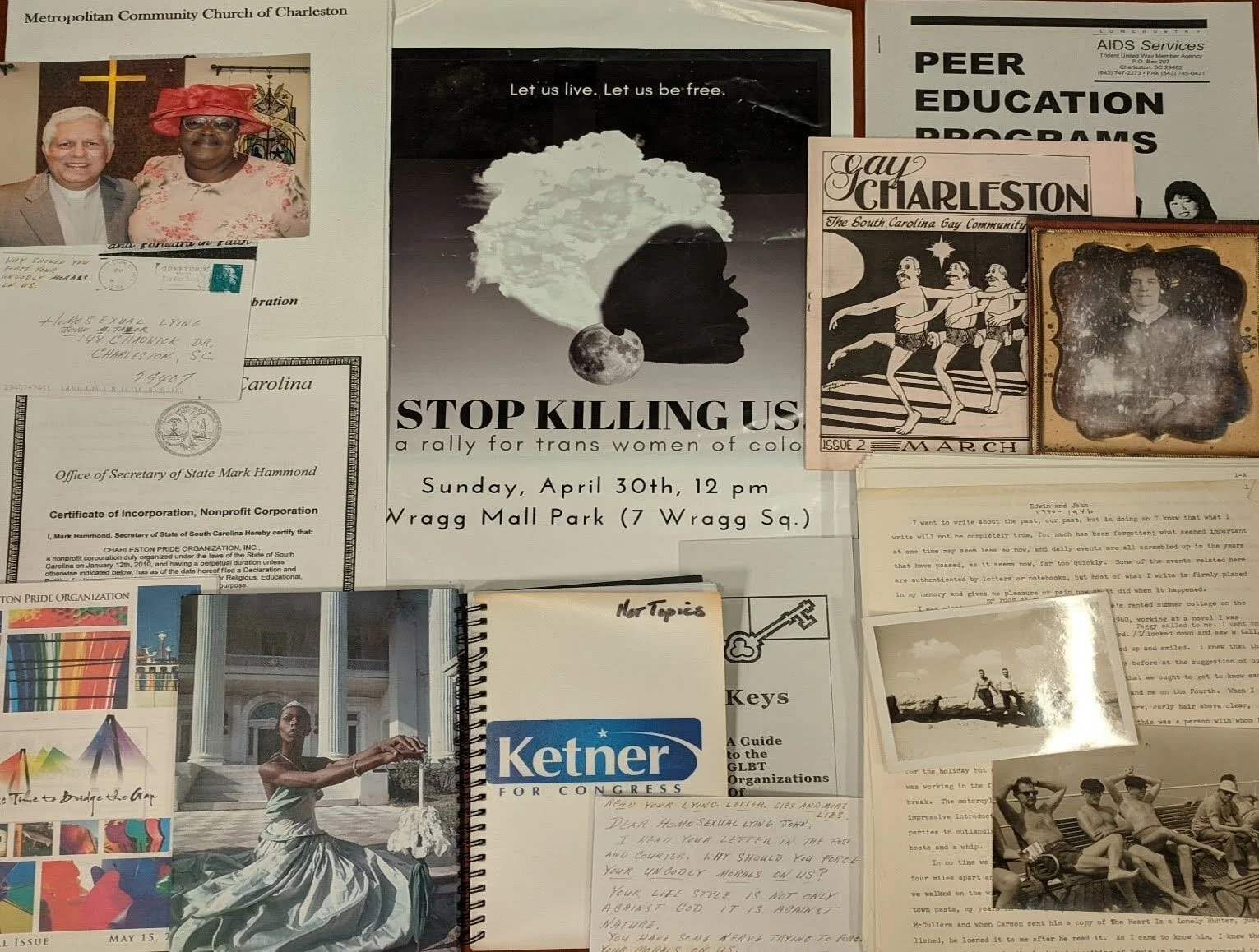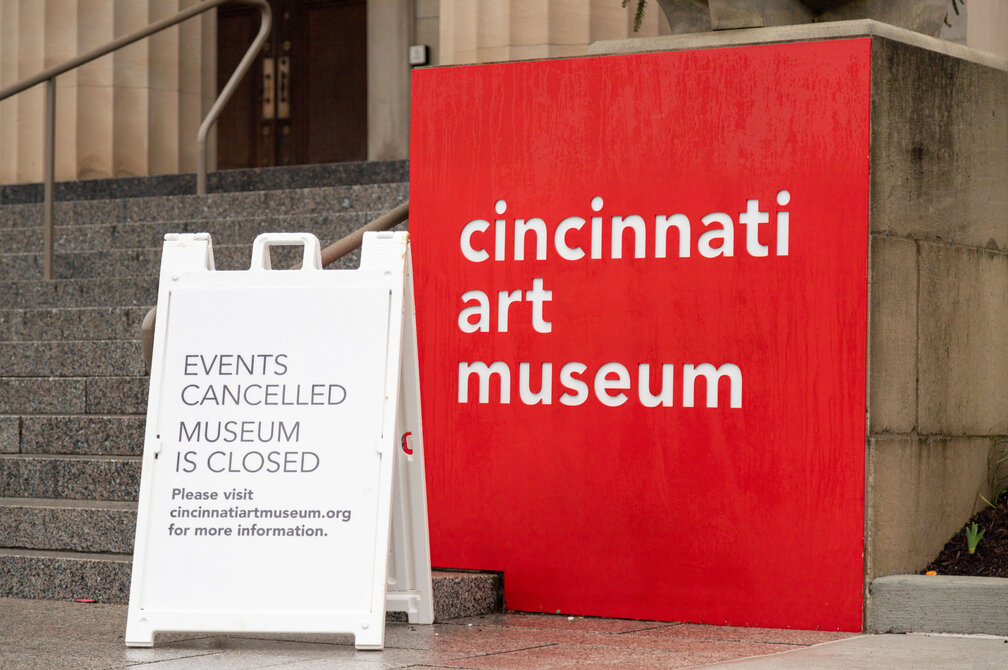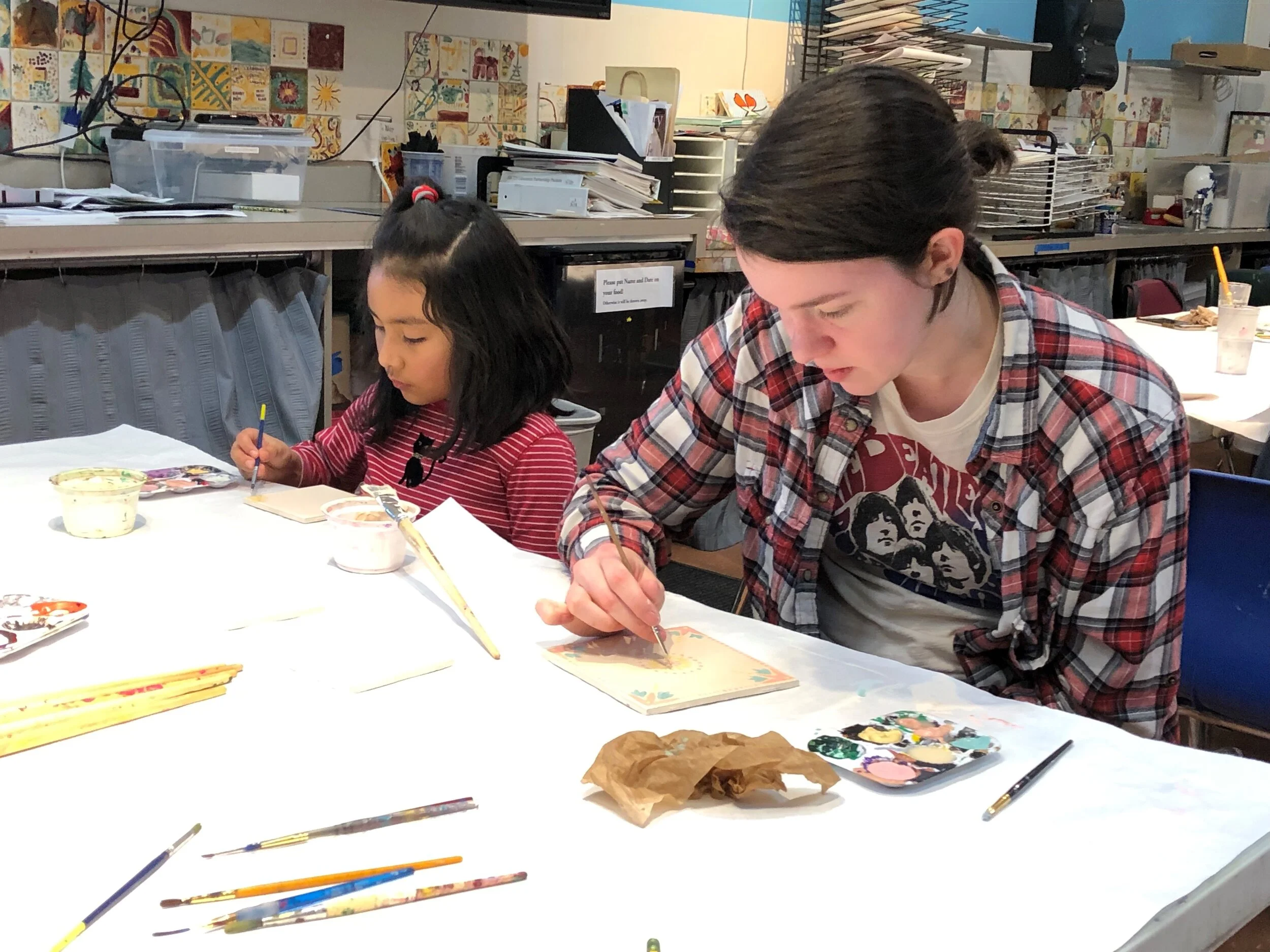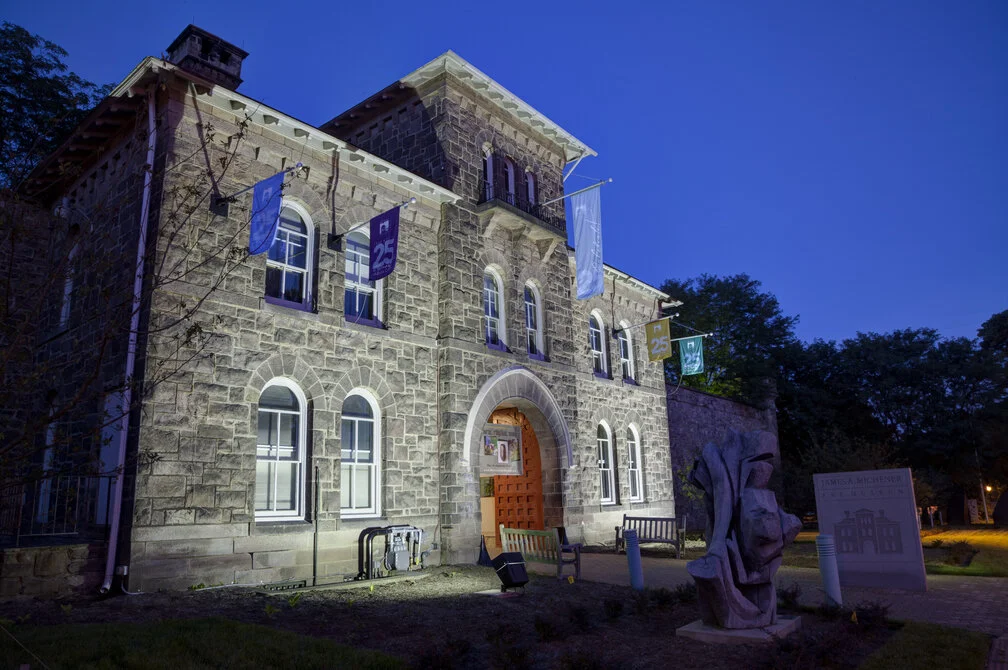Skills for Success: Why a Funder is Focused on Developing Business-Savvy Artists
/Any number of foundations provide grants and fellowships to individual artists. These are nearly always for a finite period of time, usually for a year, and they're greatly appreciated. But such awards rarely solve the ongoing challenge that artists face when it comes to earning a living.
Enter the Clark Hulings Fund.
I first looked at the fund last year when it announced its 20 Business Accelerator Program Fellows. It provides business training and funding to professional working artists through online learning resources, tools, grants and networking opportunities.
The fund recently announced its 2018 fellows, and I figured it was as good a time as any to connect with Executive Director Elizabeth Hulings about the fund's origins, the evolving plight of the modern artist, and philanthropic weak spots across the larger arts funding landscape.
Here's a recap of our exchange.
"Art is Not a Charity"
After Elizabeth's father, Clark Hulings, passed away, she and her mother Mary founded the fund in 2011 with the goal of supporting artists. Clark was an acclaimed easel painter, and growing up, Elizabeth took copious mental notes.
As she noted in her essay, "Art is Not a Charity," Clark Huling learned "many essential business skills, starting with how to deal with difficult people, while operating in a field that was structured around independent 1099 consulting work that allowed him to effectively price his work, negotiate rates, and manage his time."
Given Elizabeth's work as a business strategist, she and her mother had a unique perspective into what kinds of skills artists need to attain economic sustainability.
While other outfits offered traditional artistic training and support, the fund, according to Elizabeth, sought to provide "the much rarer, equally important complement to that—business training and support. Artists need both to thrive."
Confronting Stereotypes
Elizbeth quickly found herself going up against a cultural "disbelief that artist are capable of business." Artists "have often been branded bohemian dilettantes, people who stay up late, and get up even later, rolling into a studio only when the mood strikes—and not for very long—to play with paints or clay."
Elizabeth expounds on this idea in greater detail in this informative Q&A with CHF's Editorial Director Sofia Perez, noting, "In this society, we’ve moved from using 'artist' as a dirty word to the label of 'creative,' and it’s applied more broadly to undercut an even bigger group of professionals.
"It creates a stigma and implies that we should applaud you, the creative person, just for finding your way to the meeting, for tying your shoes and not tripping over yourself, and for getting yourself dressed and fed, because the only thing you’re good at is staying in your studio and creating something in a vacuum."
"Art," Hulings contends, "remains a business, and like other businesses, success in the art world requires risk, effort, business strategy, marketing outreach, networking connections, organizational skills and financial investment at crucial moments."
CHF's Business Accelerator Program
Hulings' thinking sounds pretty intuitive, and you might assume that other arts funders would be keen on supporting business-orienting training. But aside from a couple of outliers like a $5 million gift by Michael E. Marks and his wife Carole to Juilliard and the Rasmuson Foundation's Artist Residency Program, anecdotal evidence suggests these types of gifts remain few and far between.
Which is why the Clark Huling Foundation's approach stands out so much.
This year's iteration of the Business Accelerator program consists of two tiers, Entrepreneur Fellows and Executive Fellows. Both tiers will have an ongoing relationship with CHF, with differing benefits and responsibilities.
The Entrepreneur Fellows will receive access to the new educational portal CHF is building. CHF will continue to work with them on professional development and promotion to accelerate their career.
Executive Fellows will access the fund's services to rewrite what's called an Investment Grade Proposal for capitalization and underwriting. Once it's tuned up, CHF can pitch it to potential funders. CHF expects the fellow to "continue executing on their project, and collaborating with CHF with monthly field reports and meetings, along with marketing assistance."
All first-year CHF Fellow alumni will receive access to CHF’s Business Accelerator Learning Portal, access to CHF’s Business Accelerator Group on Facebook, ongoing event listings by CHF, and access to CHF’s Referral Network of Consultants—experts in numerous areas including intellectual property, accounting and finance, marketing and sales, and business strategy.
Strength in Numbers
Hulings is particularly perplexed as to why it's so rare to see artists networking en masse to address these kinds of critical business challenges. And so the CHF is launching The Artist Federation, which brings together diverse local and regional chapters of self-organized artists who, according to its mission statement, have "chosen to determine their own destinies."
The federation currently has five chapters, and Hulings expects it to "grow exponentially during 2018 and beyond."
"This year we held two boots-on-the-ground events, in Denver, Colorado and in Santa Fe, New Mexico. Our plan for 2018 is to hold four. Our second annual Santa Fe Art Business Summit will take place April 5-7. We’re collaborating again with the Art Business Institute on it. Other possible locations are Dallas and New York."
To that end, Hulings also wants to see local and regional associations and governments "create opportunities for artists to network—not at shows, but in scenarios where they can discuss their business activities. Non-competitive moments. Every other industry has these kinds of conferences, networking groups, etc., etc. I want visual artists to have them, too.
"I want to see arts councils and arts business councils networking with each other, too. There is little opportunity for them to collaborate, share best practices, brainstorm ways to support their constituent artists. These guys are doing a lot of heavy lifting on a shoestring, and they will achieve so much more together."
But there's more. The CHF's Thriving Artist Podcast, which explores the "business of art," is going strong, while the fund's next big initiative will be to build a more sophisticated digital learning portal. "The portal is the engine for all of our programming, and we need it to have eight-cylinder capacity to meet our growing needs."
Filling the Gaps
In a recent piece examining the difficulties of being an artist in the Bay Area, I noted that there are certain issues—like the rising cost of living—for which foundations can only do so much. Of course, there are also many areas where funders can move the needle, so I asked Elizabeth about related areas where she'd like to see funders pick up the slack.
"Entrepreneurial education is the key," was her response. "Teaching tactical skills (how to use Twitter, proper inventory management, bookkeeping, etc.) is essential, but without the bigger picture, those skills often don’t get put to use in the end.
"When an artist fashions her business model from viable business objectives, and has the confidence to pursue broad marketing, multiple streams of revenue, and exposure in concert with those objectives, then she will naturally grab and use whatever she needs to make progress and build momentum to achieve the goals.
"This includes hiring the right people at the right times, learning whatever skills she needs to get under her own belt, and tracking her progress and not becoming demoralized when circumstances change or things take longer than anticipated. The difference between businesses that make it and those that don’t is mostly the level of grit and determination of the founder.
"I want to see this kind of business training incorporated into educational institutions that visual artists attend."
Hulings provided some timely parting thoughts.
"We all breathed a sigh of relief when Congress re-funded the NEA this year. However, only a fraction (and I mean less than 10 percent) of NEA funding supports individual visual artists.
"That’s why CHF exists—to help visual artists better fend for themselves and support themselves. I’m living proof that it can be done, and the artists with whom we are working are proving it further."












